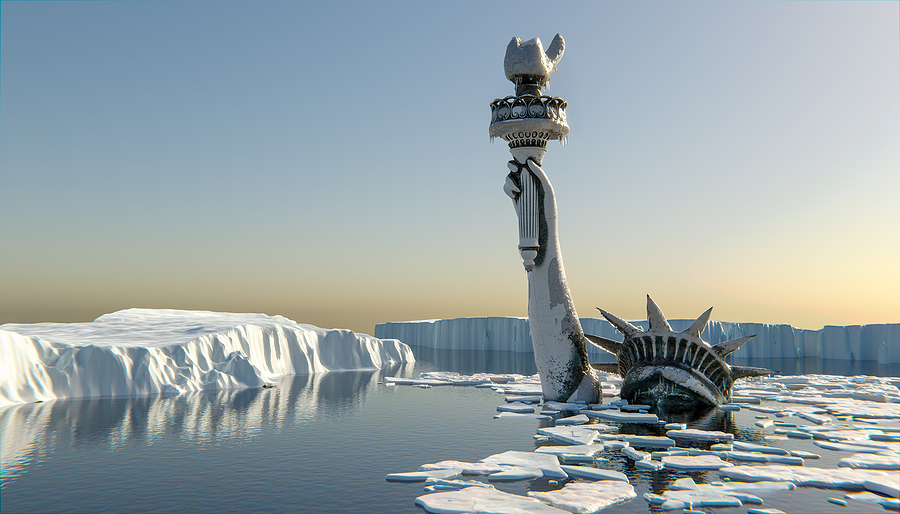
August 09, 2023

Source: Bigstock We are told environment change is a crisis, and that there is an “frustrating scientific agreement.”
“It’s a manufactured agreement,” says climate researcher Judith Curry in my new video. She says researchers have an incentive to exaggerate danger to pursue “fame and fortune.”
She knows about that due to the fact that she as soon as spread out alarm about environment modification.
Media enjoyed her when she released a research study that seemed to show a dramatic boost in cyclone strength.
“We found that the percent of Category 4 and 5 cyclones had doubled,” says Curry. “This was picked up by the media,” and then environment alarmists recognized, “Oh, here is the way to do it. Connect severe weather events to international warming!”
“So, this hysteria is your fault!” I inform her.
“The researchers rapidly found out that the method to get funded was to make alarmist claims about “manufactured environment modification.””
“Not really,” she smiles. “They would have detected it anyways.”
But Curry’s “more intense” cyclones provided fuel.
“I was adopted by the ecological advocacy groups and the alarmists and I was treated like a rock star,” Curry recounts. “Flown all over the location to consult with politicians.”
But then some researchers explained gaps in her research– years with low levels of cyclones.
“Like an excellent researcher, I investigated,” states Curry. She realized that the critics were right. “Part of it was bad data. Part of it is natural environment variability.”
Curry was the uncommon researcher who took a look at criticism of her work and actually concluded “they had a point.”
Then the Climategate scandal taught her that other environment scientists weren’t so open-minded. Alarmist researchers’ aggressive attempts to conceal information recommending environment change is not a crisis were exposed in dripped emails.
“Awful things,” states Curry. “Preventing Liberty of Information Act requests. Trying to get journal editors fired.”
It made Curry realize that there is a “climate change market” established to reward alarmism.
“The origins return to the … U.N. ecological program,” says Curry. Some U.N. authorities were encouraged by “anti-capitalism. They disliked the oil business and seized on the climate modification concern to move their policies along.”
The U.N. developed the Intergovernmental Panel on Environment Modification.
“The IPCC wasn’t supposed to concentrate on any benefits of warming. The IPCC’s required was to try to find harmful human-caused environment modification.”
“Then the national financing agencies directed all the funding … presuming there threaten impacts.”
The scientists rapidly found out that the method to get moneyed was to make alarmist claims about “manufactured environment modification.”
This is how “manufactured agreement” takes place. Even if a skeptic did get financing, it’s harder to release due to the fact that journal editors are alarmists.
“The editor of the journal Science composed this political tirade,” says Curry. She even stated, “The time for argument has ended.”
“What sort of message does that give?” includes Curry. Then she addresses her own question: “Promote the worrying papers! Don’t even send out the other ones out for review. If you wanted to advance in your profession, like be at a prominent university and get a huge income, have huge laboratory space, get lots of grant funding, be director of an institute, there was clearly one course to go.”
That’s what we have actually got now: an enormous government-funded environment alarmism complex.

